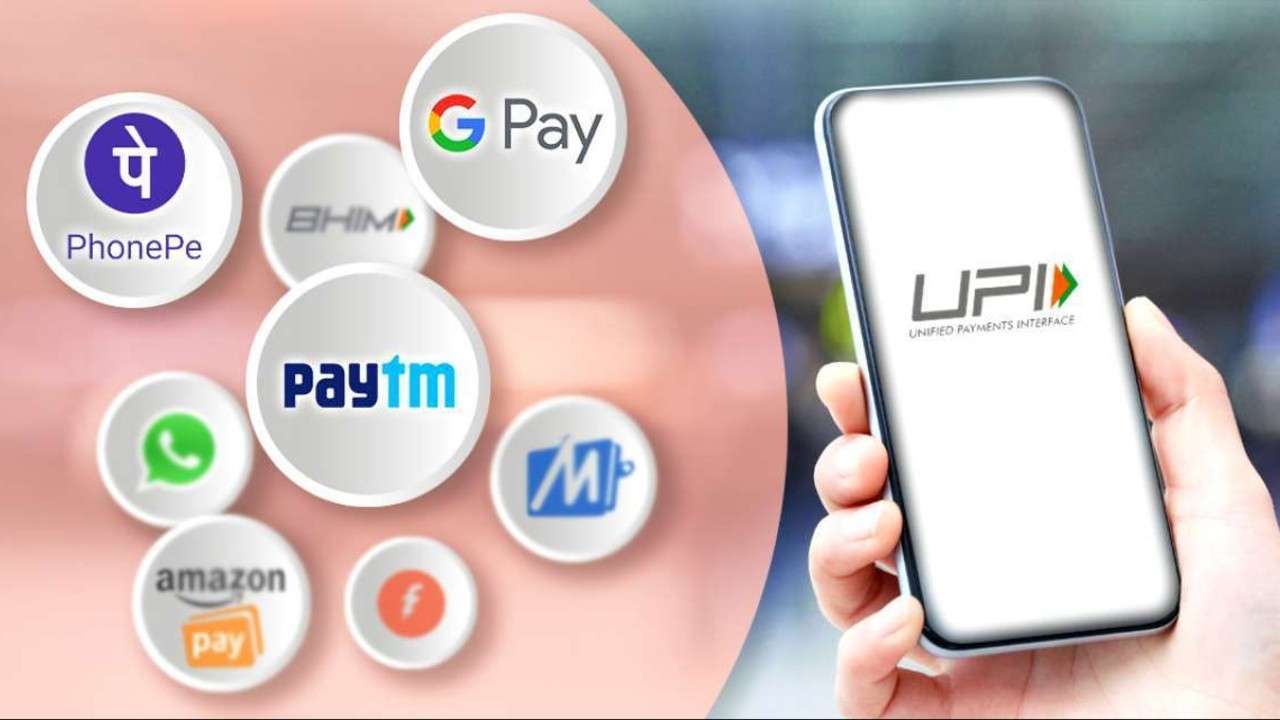With the rise of digital payments in India, the Unified Payments Interface (UPI) has become a popular mode of transferring money. It allows users to send and receive money using just their mobile phone number and a UPI ID. However, with the convenience of digital payments comes the need for caution. In this article, we’ll discuss the do’s and don’ts of securing UPI payments to ensure that your transactions are safe and secure.
Do’s:
- Use a secure UPI app
Choose a UPI app that is developed by a reputable company and has good reviews. Some popular UPI apps include Google Pay, PhonePe, and Paytm. These apps use high-level encryption to protect your data and ensure that your transactions are secure.
- Verify the recipient’s details
Before making a UPI payment, verify the recipient’s UPI ID, name, and mobile number. This will ensure that you are sending the money to the intended recipient and not to a fraudster. You can also use the QR code feature on UPI apps to verify the recipient’s details.
- Set a UPI PIN
When you set up a UPI account, you will be required to set a UPI PIN. This PIN is a 4-6 digit code that you will need to enter every time you make a UPI transaction. Make sure that you choose a strong and unique UPI PIN and do not share it with anyone.
- Keep your UPI app updated
Make sure that you keep your UPI app updated to the latest version. Updates often include security patches and bug fixes that will help to protect your data.
- Check your transaction history regularly
Check your UPI transaction history regularly to ensure that there are no unauthorized transactions. If you notice any suspicious activity, report it to your bank immediately.
Don’ts:
- Share your UPI PIN
Never share your UPI PIN with anyone, including your friends and family members. Your UPI PIN is like your ATM PIN, and sharing it can lead to unauthorized access to your UPI account and transactions.
- Click on suspicious links
Be cautious of any unsolicited messages or emails that ask you to click on a link or download an app. These could be phishing scams that are designed to steal your UPI login credentials.
- Use public Wi-Fi
Avoid using public Wi-Fi networks when making UPI transactions. Public Wi-Fi networks are not secure, and your data could be intercepted by hackers.
- Save your UPI ID and password on your phone
Do not save your UPI ID and password on your phone or in your email. If your phone is lost or stolen, anyone who finds it will have access to your UPI account and transactions.
- Make transactions with unknown or suspicious recipients
Do not make transactions with unknown or suspicious recipients. If you receive a request for payment from an unknown person, do not accept it. Verify the recipient’s details before making any transactions.
In conclusion, UPI payments are convenient, but they also require caution. By following the do’s and don’ts listed above, you can ensure that your UPI transactions are safe and secure. Remember to stay vigilant and report any suspicious activity to your bank immediately.






